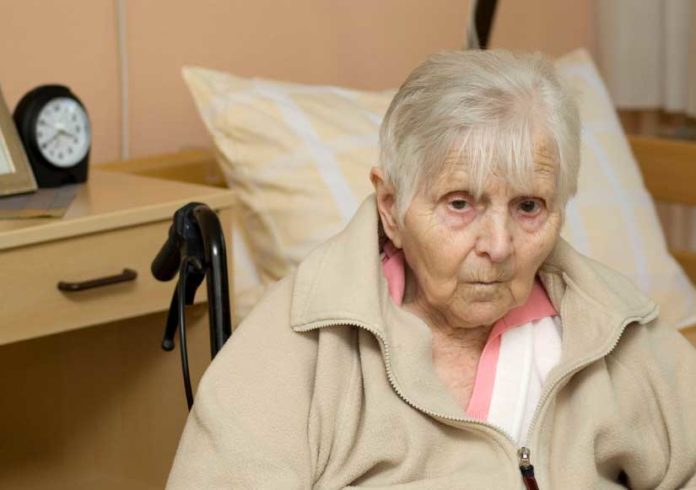From its inception in Great Britain following World War II, the British National Health Service (NHS) has never made good on its promise to deliver quality universal healthcare to all – and it has only gotten worse with the passage of time.
From the beginning, state-provided medical care has suffered from too many patients, too few doctors and chronic underfunding – more proof that people will always use more of something they think they get free.
What’s more, there is no reason for profit-motivated entrepreneurs to find and fix systemic inefficiencies, take the risk of developing new medicines and therapies, invent, produce and market new tools and healthcare products and most of all, enter the field of medicine on a retail level.
And now that the British population is both aging and growing, the burden on the NHS is only getting worse creating the insurmountable problem common to all inefficient central planners of how to delivery more health care and effective healthcare at the lowest possible price.
Strangely enough, the British solution is free-market reform.
Ruth Lithe and Claire Duffin writing for U.K’s The Daily Mail penned a piece entitled: Old people auctioned off to care homes on the Internet: Anger over ‘cattle markets for grannies’ as councils accept lowest bids to save cash – a fable that foretells what we can expect under ObamaCare.
In this fable, the government-run single payer healthcare system puts care for the elderly, disabled or otherwise infirm “up for auction” to the lowest bidder using E-Bay style websites and fixed auction windows to assign patients to long term health care facilities solely on cost.
The NHS does not evaluate bidding facilities, review the kind, quality or length of care promised, and examine even basic “quality of life” issues such as capacity and overcrowding or even the level satisfaction enjoyed by current residents and their families.
All it comes down to is the expectation of a bed – that’s it.
What’s more, the bidding process strips patients of any expectation of privacy. According to Lythe and Duffin, the bidding runs like a cattle market where:
“Local authorities are listing vulnerable people’s details – including their age and what care and medication they need – before inviting bids from care homes in the area. The bidding is sometimes open for only a few hours, at other times it can last for two or three days. The cheapest offer often wins . . . an offer where ‘sensitive decisions about an elderly resident’s final years are being made by a computer program’ guided only by costs.
“The auction-style process allows (town) councils to circulate anonymized details of individuals to a large number of suppliers who then bid in an online auction for the contract.”
British broadcast station BBC 5 Live reported that government officials:
“Say quality is the first consideration, but figures obtained under a Freedom of Information request show 92 per cent of care packages commissioned on the system over a six-month period were awarded to the bidder with the lowest price.
“Radio 5 Live also found that in some cases in…elderly people were being sent to homes which won the online auction despite being ‘zero-rated’ by the council on its own 0-100 scale of care quality – where scores under 60 are ‘poor’.”
ObamaCare opponents in the U.S. say that unless ObamaCare is either repealed or drastically modified, our healthcare system will inevitably head down the same road at a time when baby boomers born in the 1940’s and 50’s are entering the healthcare system at a rapid clip with no funding mechanism in place to deliver humane long-term care.






























